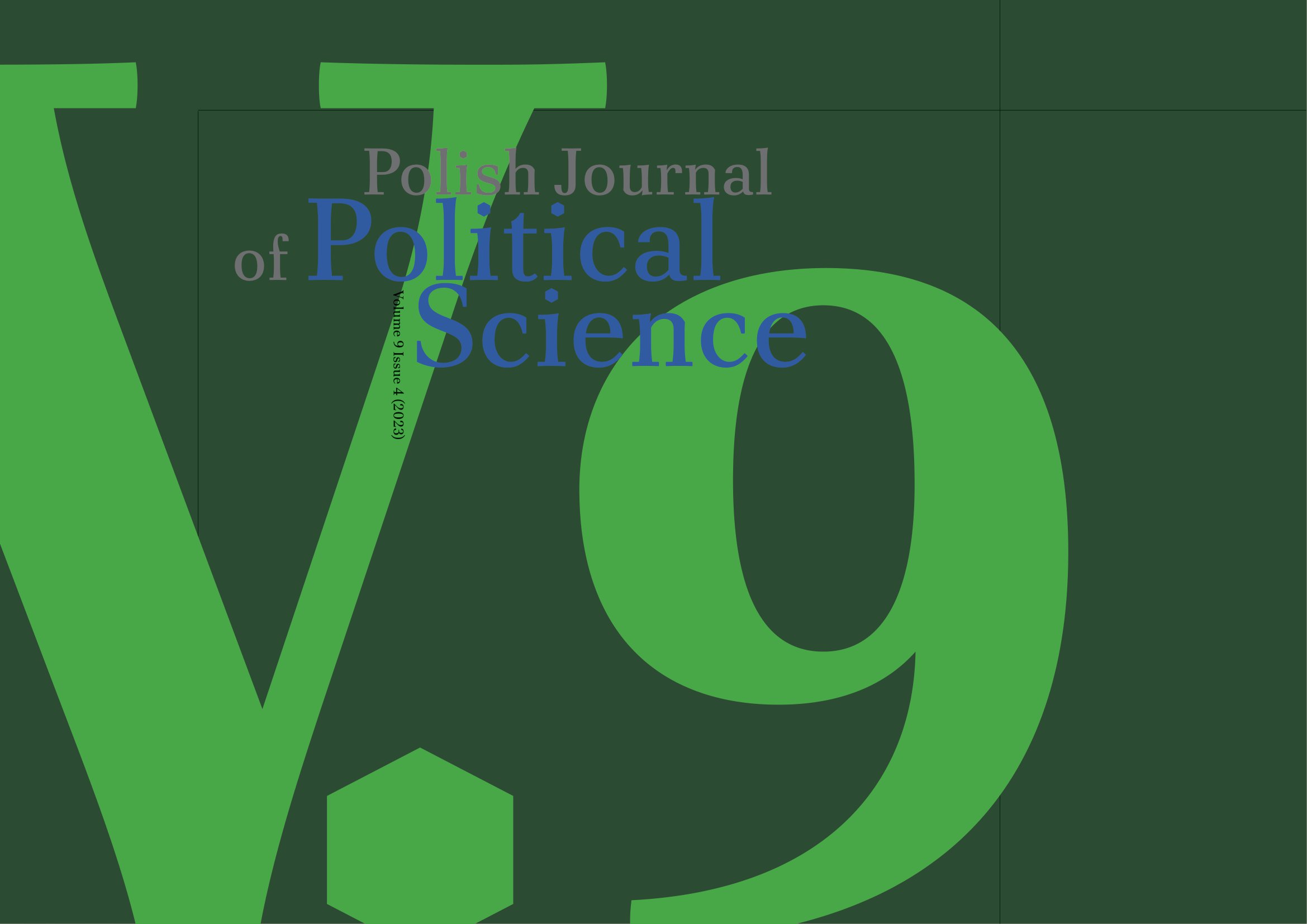Carl Schmitt, an Epigone of Machiavellianism?
Carl Schmitt, an Epigone of Machiavellianism?
Author(s): Wojciech BorowySubject(s): Politics / Political Sciences, Philosophy, Political Theory, Political Sciences
Published by: Fundacja Instytut Nauki o Polityce
Keywords: decisionism; Carl Schmitt; political theology; Niccolo Machiavelli
Summary/Abstract: This article aims to illustrate Schmitt’s theories as extensions of Niccolò Machiavelli’s political concepts to sustain order within the state. The author aims to explicate the complex nature of Carl Schmitt’s concepts as a continuation of Machiavelli’s thoughts, aimed at upholding the idea of state authority. In the text, the author tries to show that the proper context for reading Schmitt is the decaying form of the state established in the seventeenth century, whose form, as a continuation of Catholic theology, Carl Schmitt fiercely defends against the liberal hegemony. Schmitt’s ideological and political choices suggest that he consciously aligns with the intellectual themes that Machiavelli navigated, while at the same time Schmitt struggled against the effects of the secularization of politics, a process of which Machiavelli was a precursor.
Journal: Polish Journal of Political Science
- Issue Year: 9/2023
- Issue No: 4
- Page Range: 64-78
- Page Count: 15
- Language: English

